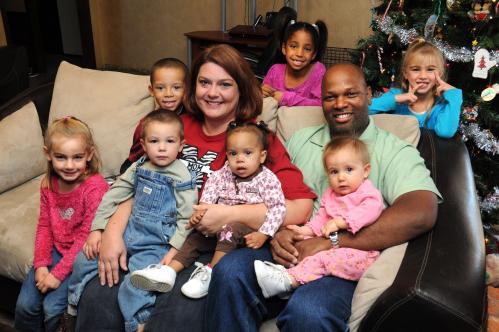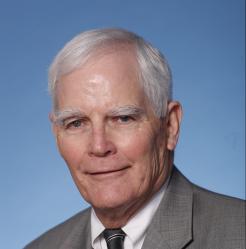On January 15 and 16, 2019, the CHAMPS campaign and Center on Children and Families at Brookings hosted a national convening with the goal of fostering collaboration and information sharing to help advance the progress on foster parent recruitment, support, and retention. The convening brought together 80 public and private child welfare agency staff, issue experts, advocates, foster parents, and foundation partners and featured several panels and roundtables that highlighted the perspectives of key stakeholders from a variety of disciplines within the child welfare sector, including foster parents, community advocates, state agency leaders, and foster care alumni.
The convening comes at a time when national trends highlight the growing urgency for state leaders to identify solutions for strengthening foster parenting in their states. In 2017, the number of children in foster care rose for the fifth consecutive year, from 396,966 in 2012 to 442,995. Approximately 13 percent of these children were placed in congregate care in 2017, where youth experience poorer outcomes than those in family-care placements. In light of many studies that show children do best in the care of stable, loving families, why do youth in foster care experience multiple placements and continue to be placed in congregate care settings? As the number of children in foster care rises and the turnover rate among foster parents remains high, many state child welfare agencies are experiencing foster parent shortages. While the pressures of an increasing caseload and increased foster parent turnover continue to rise, the Family First Prevention Services Act, which passed in February 2018, emphasizes yet again the importance of family-based care for children and youth in foster care. In response to all these forces, the foster care system must increase its focus on the role of foster parents as partners in the success of children in foster care and invest in best practices for recruiting and retaining them.
Jerry Milner, the Associate Commissioner at the Children’s Bureau and the Acting Commissioner for the Administration on Children, Youth and Families, delivered remarks, sharing insights on the priorities of the Children’s Bureau. Milner urged the child welfare field to focus its attention on the role of primary prevention.
The CHAMPS campaign will issue a toolkit in February 2019 to assist child welfare agencies plan and implement best practices for recruiting and training foster parents. Called “diligent recruitment plans,” these plans are required as part of each state’s Child and Family Service Plan. The toolkit will incorporate the ideas and examples of policy and best practice shared at the CHAMPS-Brookings convening and will be available on the CHAMPS website (www.fosteringchamps.org).





Commentary
Driving better outcomes for children in foster care
February 14, 2019